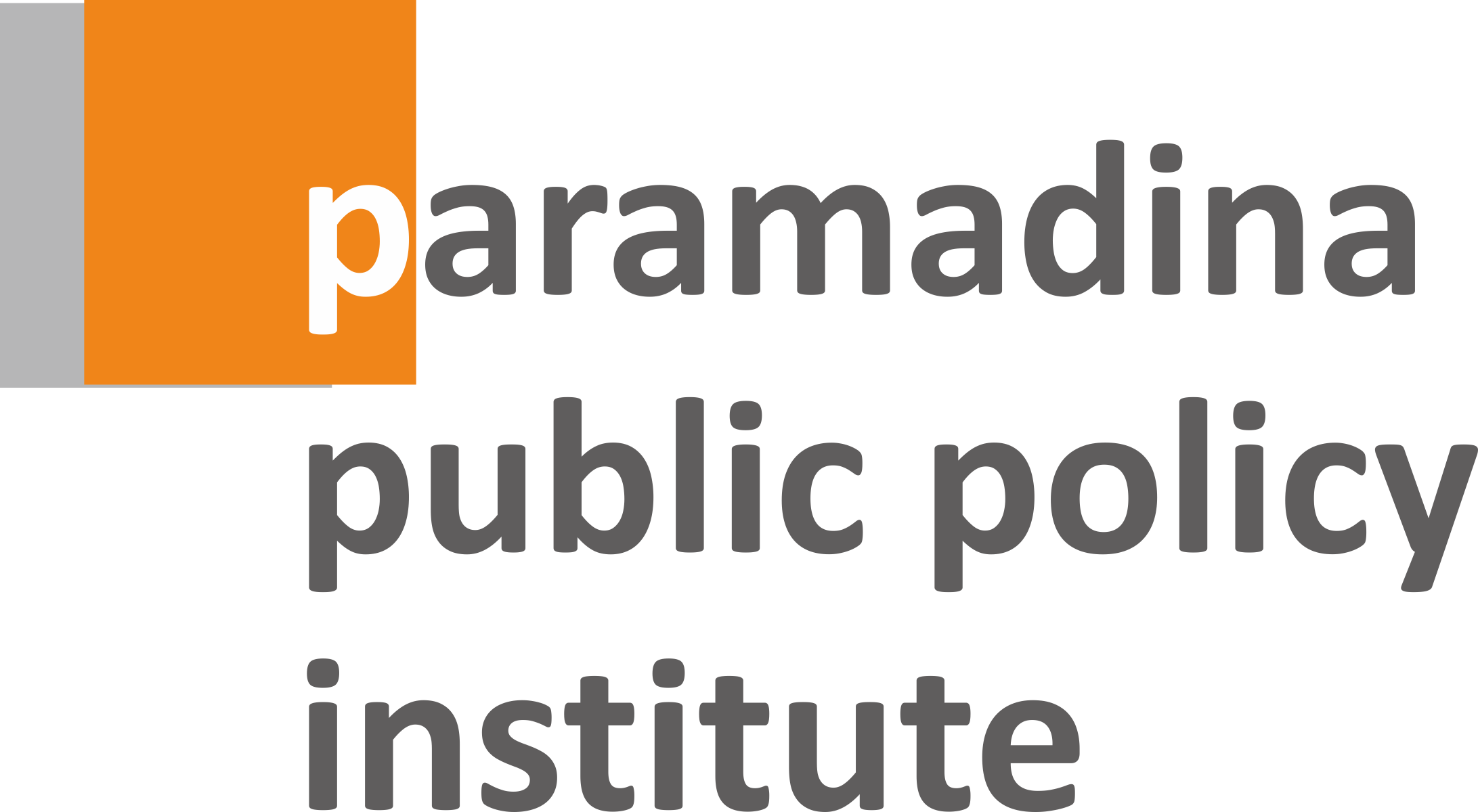
KOMPAS, Opinion, 11 June 2024
Post-World War II, Southeast Asia has transformed into a politically stable region with promising economic and trade prospects.
This stability became more promising as the world emerged from the uncertainties of the Cold War, marked by the third wave of democratization in countries such as the Philippines, Thailand, and Indonesia.
This wave also encouraged Indochinese countries like Laos, Cambodia, Vietnam, and Myanmar, which, despite retaining their socialist-communist political systems, opened up to join ASEAN, the regional organization in Southeast Asia.
The strengthening of democratic practices and the increasing openness of socialist countries in Southeast Asia are seen as important factors for creating regional peace and development.
Referring to the democratic peace theory (Owen, 1994; Russett, 1993; Ray, 1998), which stems from the liberalism tradition in international political studies, it is believed that a region inhabited by countries that uphold democratic values and principles will tend to be more stable, more peaceful, and capable of accelerating economic development.
The argument is that the roots of conflict and the potential clash of interests among economic-political actors can be channeled through an aspirational and inclusive democratic system.
This condition has generated optimism for the future of Southeast Asia, which now boasts a promising market strength with a population base of 689 million people and a total gross domestic product (GDP) of $3.66 trillion.
The Roots of Authoritarianism in New Democracies
Nevertheless, the cohesiveness of Southeast Asia has recently been frequently questioned. ASEAN still consists of countries with relatively diverse political systems.
These range from absolute monarchies, constitutional monarchies, one-party autocracies, military governments, to multiparty democracies.
Meanwhile, several experts from the structuralist political economy tradition have begun to critically question the quality of new democratic practices in the main ASEAN-supporting countries (newly democratized societies) like the Philippines, Malaysia, Thailand, Singapore, and Indonesia (Hadiz, 2017; Power and Warburton, 2020; Lorch, 2022; Kasuya and Calimbahin, 2022).
In a study forum organized by Kompas and the Asia Research Center (ARC) of the University of Indonesia in mid-November 2023, Professor Vedi Hadiz from the University of Melbourne, Australia, reiterated his challenge to the claim of democratic political practices in Southeast Asia.
Although Hadiz’s critical analysis is often accused by his neoliberal academic opponents of being static and pessimistic (Liddle, 2012; Pepinsky, 2012), the facts presented by Hadiz are hard to refute.
In Thailand, for example, military coups, which seem to have become a repetitive political tradition, are seen as initiating periods of junta governance.
Meanwhile, the political power entering the democratic system is dominated by the practice of bossism, which brings together the interests of politicians, businessmen, and power bandits. As a result, the democratization process facilitates the recentralization of power.
In the Philippines, the presence of Rodrigo Duterte at the national political leadership in the 2016 presidential and vice-presidential elections was also seen as weakening the judiciary and taming the opposition.
The impact is the increasing paralysis of civil liberties, opposition, and the checking and balancing system. The decline of democracy in the Philippines is considered to have become sharper when the 2022 presidential election was won by Ferdinand “Bongbong” Marcos Junior, paired with Sara Duterte, the daughter of President Rodrigo Duterte.
Under the shadow of allegations of past political history distortion, the newly elected president and vice president are believed to be ready to provide power protection for their predecessor, Duterte, from various potential political and legal attacks from political rivals and critical civil society voices in the Philippines.
Meanwhile, in Indonesia, several researchers believe that the effort of economic development has been carried out based on trust in the importance of political stability and power (Power, 2018; Aspinall, 2021; Mujani, 2021).
The side effect is that the orientation towards stability-based development impacts the weakening of civil liberties, opposition strength, civil society fragmentation, and the growing indications of power recentralization.
This condition is exacerbated by the presence of autocratic legalism practices, marked by the tendency to use the legal system and democratic mechanisms as political tools that weaken the values and principles of democracy itself (Susanti, 2023; Mochtar, 2022).
As for the political dynamics in other Southeast Asian countries such as Laos, Cambodia, Vietnam, and Myanmar, there has not been any significant political reform opportunity until now.
In Malaysia, Singapore, and Brunei Darussalam, political dynamics have their own power patterns, which are relatively easier to predict.
Not Solid Yet
The above political facts are essential elements for reflection and contemplation on the future of democratization, security stability, and the potential for economic development in Southeast Asia.
The reason is that the resurgence of authoritarian roots in several newly democratized countries in Southeast Asia is also confirmed by research from Dan Slatter (2022), a professor from the University of Michigan, especially since the world faced the challenges of the Covid-19 pandemic until now.
Thus, the building of democracy in Southeast Asia is not yet solid and adequate.
The process of democratic celebrations through general elections is often merely a spectacle of political acrobatics, but it does not change the power configuration based on the structure of oligarchic power in each country (Hadiz, 2023).
As a result, the democratization process in Southeast Asia, which is now also identified as facing a significant democratic decline trend (ANU, 2020; EIU, 2021; TI, 2022), is considered merely a continuation of oligarchic power practices based on crony capitalism and the politics of wealth defense. Consequently, the ongoing democracy does not significantly impact the strengthening of justice and the reduction of socio-economic inequality in these countries.
Realistic Optimism
Nevertheless, the future of Southeast Asia cannot be built on pessimism. The future of this region can only be built with optimism.
The critical analysis above should not be used as a basis for arguments that only amplify and exaggerate pessimism. Instead, critical reflection must be the foundation for establishing a logic of realistic optimism, not false and empty optimism.
Therefore, all elements of democratic power in Southeast Asia must genuinely renew their commitment to democratic development at the regional level.
Persistence is needed from every element of civil society and independent media as the healthiest pillars of democracy to face such trends.
There is no need to wait for a hot political escalation that incurs high political costs; pro-democracy elements must continue to work together simultaneously, trust each other, strengthen each other, and coordinate tightly with the remaining reformist elements within the center of power in each country. (*)
Ahmad Khoirul Umam, Lecturer of Political Science & International Studies, Paramadina University; Executive Director of the Institute for Democracy & Strategic Affairs (INDOSTRATEGIC), Jakarta
This opinion article was first published in Indonesian in Harian KOMPAS on December 6, 2023.

